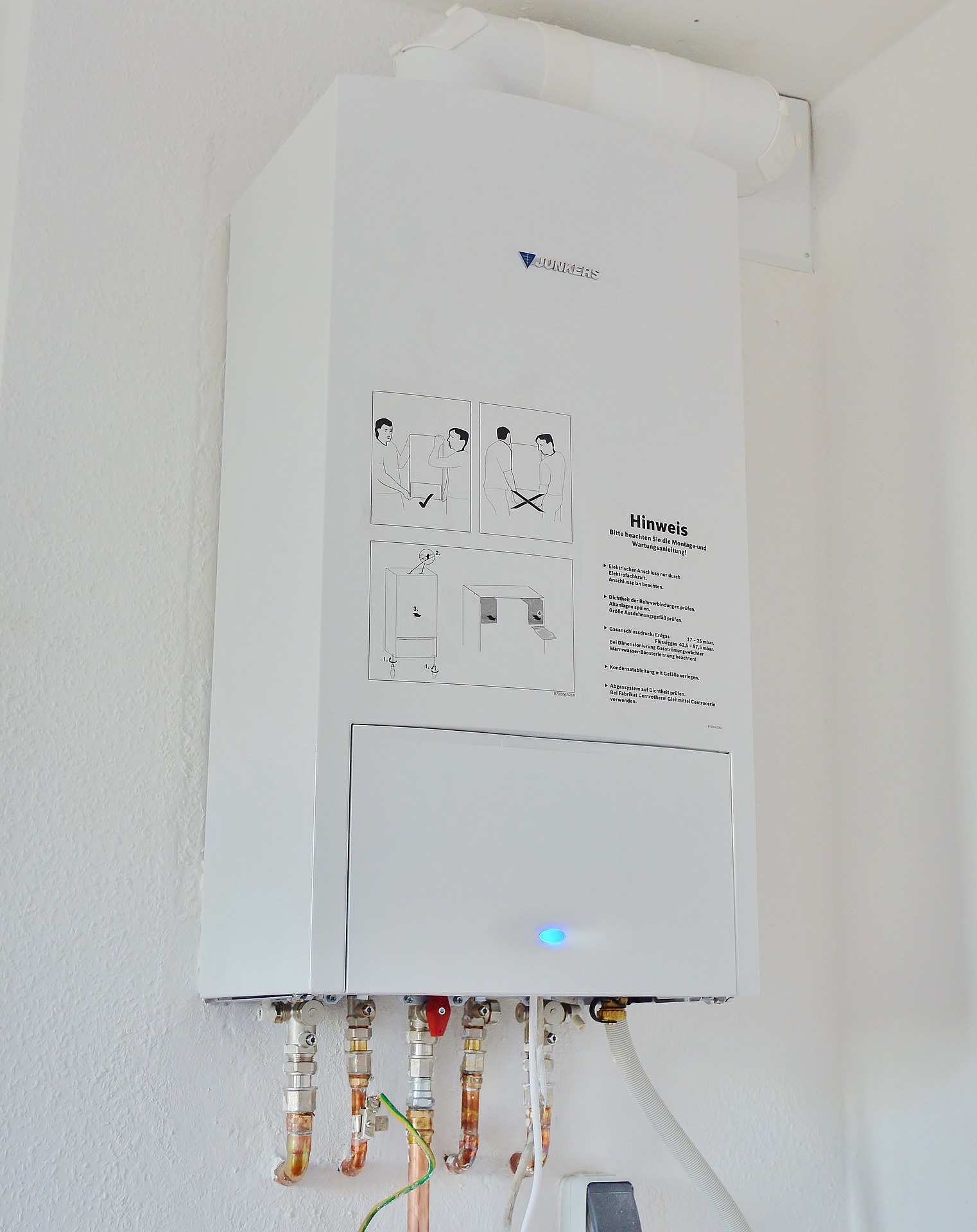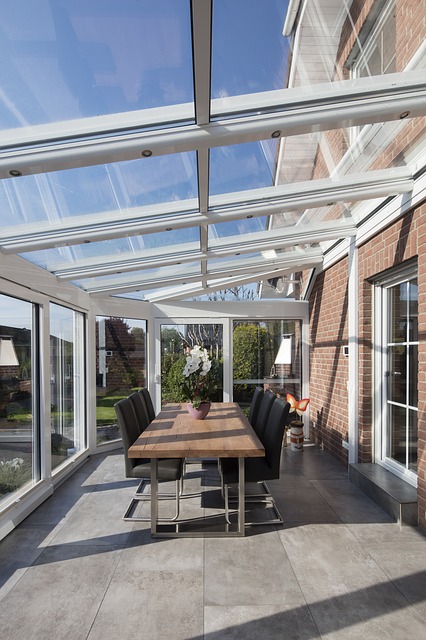Everyone’s boiler is at the heart of your home. It helps keep life running smoothly and has a huge impact on your comfort levels especially through the colder winter months. It is always important to keep your boiler in the best possible condition all year round to keep down those maintenance costs. Part of looking after your boiler includes knowing how long it is likely to function and being able to recognise when it’s time get a new replacement boiler for your household.
On average how long does a boiler last?
However, for most regular boilers the average lifespan is around 15 years but can last for over 20 years. In those 15 years, technology drastically advances just like in many over industries – especially in the world of boilers. What was once a white, industrial looking box stuck on a wall now looks something out of an Apple store.
How often should you service your boiler?
The short answer is – you should get your boiler serviced once a year. However, there are several other factors that are at play. In general, you should check with your manufacturer first.
If you have a gas boiler, you are required by law to get it serviced annually. Not performing a service at least once a year can make your boiler or home warranty void. So, make sure you write down when your water heater was last serviced and set a reminder to book your appointment once the time comes.
Don’t overwork your boiler
Setting the water pressure too high could also cause wear-and-tear on your boiler and, like a car, the more you use your boiler the shorter its life expectancy will be. A boiler of the right size and good quality should be perfectly able to meet your hot water demands for many years to come without any issues.
Don’t ignore faults with your boiler
You should pay attention to your heating system so any changes or unusual noises can be resolved quickly. If you suspect something is wrong, don’t ignore it or put it off for longer than you have to as small problems can lead to big repair costs if left to worsen over time. Small faults also mean your boiler is not performing at its optimum level which means your household could potentially be less comfortable than it should be.
Signs it’s time to replace your boiler:
- Your boiler is 10 or more years old
- You call the heating engineer out too often
- Your energy bills are increasing
- Your boiler is leaking
- Radiators take longer to heat up
- The boiler is making funny noises
A new boiler could mean cheaper energy bills
Having a new boiler installed within your home ensures that your boiler is running to its maximum efficiency. If your boiler is running to its maximum efficiency, it means that it will be using less fuel to heat your home. This will help to keep your heating bills to a minimum. The more energy efficient your boiler is the more that can be potentially saved from your heating bills.
Compare boiler prices
If you have experienced any of the problems mentioned, or perhaps even a completely different one, you may have come to the conclusion that you need a new boiler.
If you are looking for quotes from local boiler installers, just enter your details into our simple form below and let us do the work.



